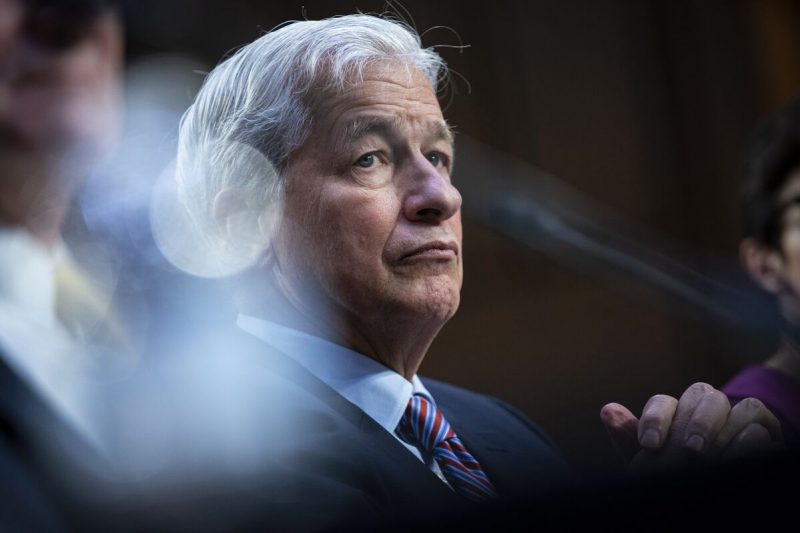The latest banking crisis left the world in shock. As the U.S. government along with other countries tried to bring respite to the market, several banking institutions believed that it wasn’t over yet. Jamie Dimon, the CEO of JPMorgan joined this list and noted how the consequences of the ongoing crisis will be endured “for years to come.” Dimon, in his annual letter to shareholders, highlighted the possibility of prolonged threat by the failing banking system. He wrote,
“As I write this letter, the current crisis is not yet over, and even when it is behind us, there will be repercussions from it for years to come.”
In the 43-page letter, Jamie Dimon addressed an array of topics. He even pointed out the looming chances of a recession. This was in light of the downfall of two prominent banks, the Silicon Valley Bank and Credit Suisse. However, it wasn’t all bad news in the CEO’s letter. The JPMorgan chief noted how the current financial crisis is nothing like that of 2008. Nevertheless, he remained skeptical about its conclusion.
“[..] it is not clear when this current crisis will end. It has provoked lots of jitters in the market and will clearly cause some tightening of financial conditions as banks and other lenders become more conservative.”
Here’s why Jamie Dimon is saying that the ongoing crisis is nothing like 2008
Jamie Dimon slashed any similarities to the worldwide financial catastrophe. While the 2008 collapse affected major banks, mortgage lenders, and insurers with cross-border links, “this current banking crisis involves far fewer financial players and fewer issues that need to be resolved,” he noted.
Further speaking about the way forward, the JPMorgan CEO called for better regulations. Dimon demanded “less academic, more collaborative” laws in reaction to the crisis, including more precise guidelines for handling failing banks. He also criticized the unpredictable capital requirements for stress tests and the ongoing uncertainty surrounding upcoming rules, claiming that both harm the financial system rather than promote a sense of stability.





